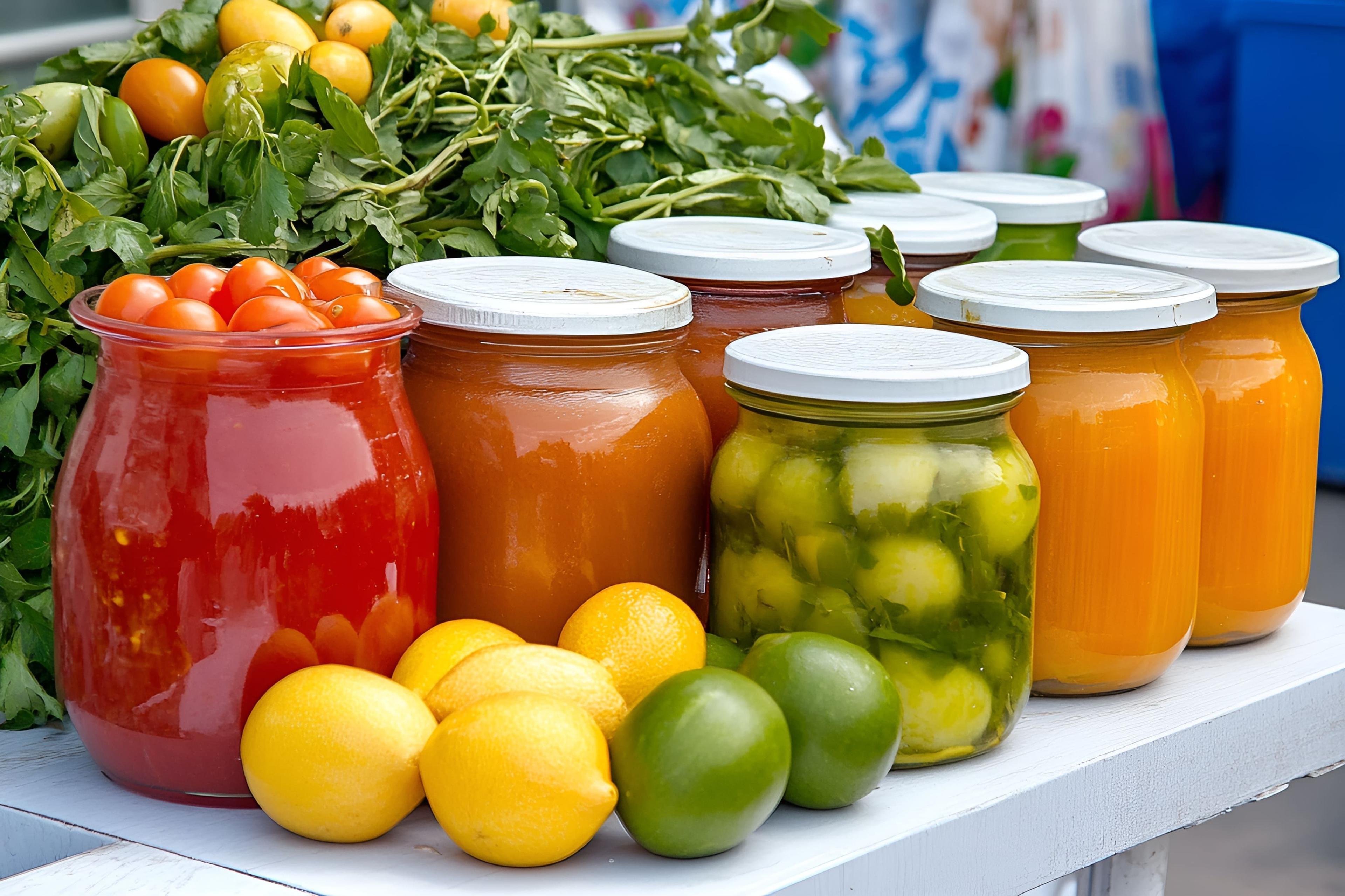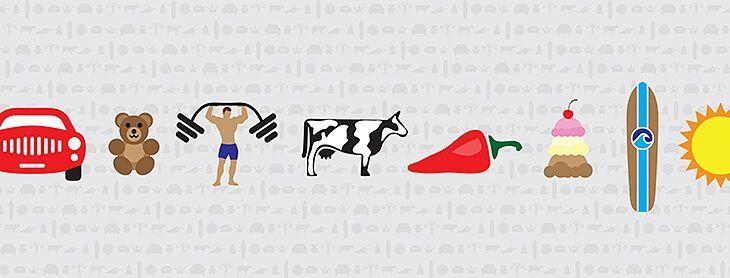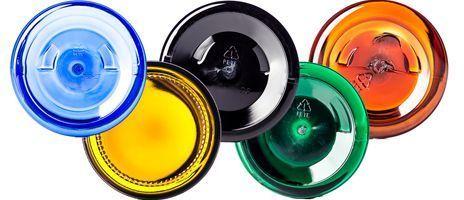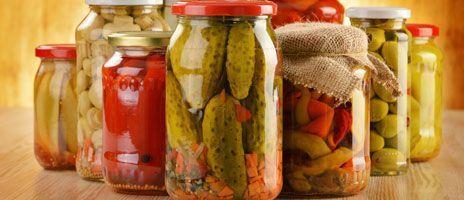5 Reasons to Consider Glass Bottles for Food Packaging


In the world of food packaging, the material you choose can make or break the quality, shelf life, and appeal of your product. While options like plastic and metal have their place, glass bottles stand out as a timeless, versatile, and eco-friendly solution for food packaging. Whether you’re a seasoned food producer or a business exploring sustainable packaging options, glass bottles might be the perfect choice. Here’s why.
1. Glass Preserves Product Quality
Glass is an inert material, meaning it doesn’t react with the food or beverages it holds. This unique property makes it ideal for preserving the flavor, aroma, and texture of your product. Unlike some plastics, glass won’t leach chemicals into food, ensuring the contents remain pure and safe.
For example, gourmet olive oils and vinegar are often packaged in dark glass bottles to protect them from light and oxygen exposure, which can degrade their quality over time. The result? A fresher, better-tasting product that meets consumer expectations.
2. Glass Offers a Premium Aesthetic
Let’s face it: packaging matters. A sleek, well-designed glass bottle can elevate your product’s perceived value. Shoppers associate glass with quality and sophistication, which is why high-end sauces, dressings, and beverages often choose this material.
Custom shapes, embossing, and tinted glass allow brands to create packaging that reflects their identity. Whether it’s a clear bottle showcasing the vibrant colors of fruit juices or an amber bottle exuding elegance for specialty syrups, glass adds a touch of class that resonates with consumers.
3. Glass Is Sustainable and Eco-Friendly
In an era of increasing environmental awareness, sustainability is more than a trend—it’s a business imperative. Glass bottles are 100% recyclable and can be reused endlessly without losing quality. Unlike plastic, which degrades during the recycling process, glass retains its original properties, making it a truly circular packaging option.
Choosing glass bottles demonstrates your commitment to sustainability, an attribute that today’s eco-conscious consumers prioritize. According to a Nielsen report, 73% of global consumers say they’d change their consumption habits to reduce environmental impact. Glass packaging aligns perfectly with these values.
4. Glass Extends Shelf Life
Oxygen and moisture are the enemies of food freshness, but glass bottles are experts at keeping them at bay. Airtight seals combined with glass’s impermeable nature help maintain the integrity of food products.
For instance, sauces, jams, and pickled goods stored in glass bottles or jars benefit from a longer shelf life without the need for excessive preservatives. The protective barrier of glass ensures that the product tastes as good months later as it did the day it was packaged.
5. Glass Bottles Are Versatile for Food Applications
Glass bottles come in a variety of shapes, sizes, and designs, making them suitable for an array of food products. Whether you’re packaging beverages, condiments, or artisanal creations, glass offers versatility that other materials can’t match.
- Beverages: From cold-pressed juices to kombucha, glass bottles highlight the quality of the product inside while protecting it from UV rays.
- Oils and Vinegars: Dark glass bottles are ideal for preserving the flavor and nutritional value of light-sensitive oils.
- Sauces and Syrups: Wide-neck glass bottles allow for easy pouring and a polished presentation.
- Fermented Products: Glass bottles are non-reactive, making them the go-to choice for kombucha, kefir, and other live-culture foods.
This adaptability makes glass a one-size-fits-all solution for businesses catering to diverse product lines.
Conclusion: Elevate Your Food Packaging with Glass
Glass bottles are more than just a container—they’re a statement of quality, sustainability, and care for your product and the planet. By preserving freshness, enhancing product appeal, and aligning with eco-conscious values, glass packaging is a win-win for businesses and consumers alike.
Ready to explore the benefits of glass bottles for your food products? Check out Container and Packaging’s wide range of glass packaging solutions. Let’s create something sustainable and beautiful together!




